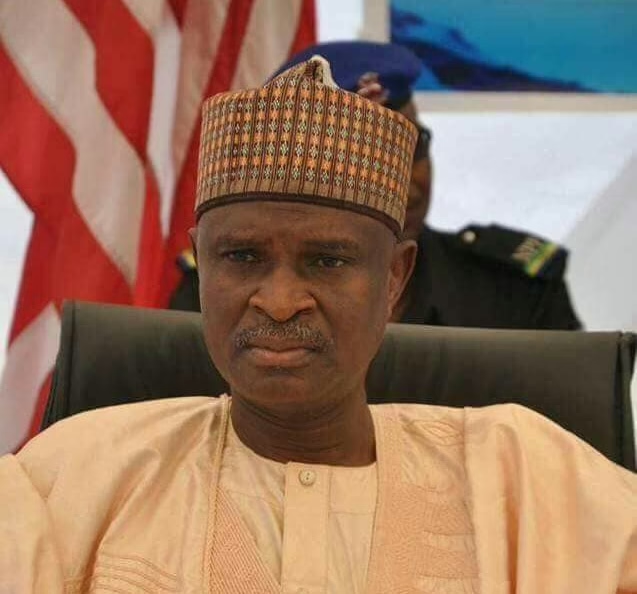Kogi revenue boss insists on tax clearance for students’ registration
Kogi governor Ahmed Usman Ododo
Published By: Ayorinde Oluokun
By Richard Elesho/Kogi
In the face of public criticism, the Kogi State Internal Revenue Service, KGSIRS, has defended its policy of demanding for parental tax clearance certificate TCC, before a ward can be registered in any higher institution owned by the state.
The policy recently became a subject of public debate and condemnation after the Revenue Service escalated a memo to that effect to the three universities and other higher institutions owned by the Kogi state government.
Parents, civil society groups, and other stakeholders in the education sector opposed the policy as a breeding ground for illiteracy and ignorance.
However, the Chairman, Kogi Board of Internal Revenue Services, Sule Enehe, defended the decision at a media chat in Lokoja on Wednesday, explaining that it is not new, and has come to stay.
Enehe reportedly said that the policy was introduced two years ago at the Prince Abubakar Audu University, Ayingba, and Federal University, Lokoja, and targeted at shoring up the revenue profile of the state.
“The decision of the Kogi government to compel students to present parents’ TCC at the point of registration is with good intention and in accordance with the law.
- IGR: Kogi rakes in N16.8b in 11 months
“Section 24(f), of the Constitution of the Federal Republic of Nigeria, states that every citizen should declare his or her income and endeavour to pay tax to the government.
“By the provisions of Section 96 on Personnel income tax, anyone that fails to pay tax shall face prosecution,” he pointed out.
The revenue service chairman expressed surprise that the public only got to know about the policy this year.
According to him, the service issued a memo to the secretary to the state government two years ago.
“A circular was issued to that effect, followed by jingles and various announcements on both radio and television stations, to sensitise the public.
“What people don’t know is the huge financial burden on the state government, which runs three universities, aside from other tertiary institutions.
“We hope to do more in sensitising the public on this policy. It is for the good of the people and crucial to the progress of the state,” he said.











